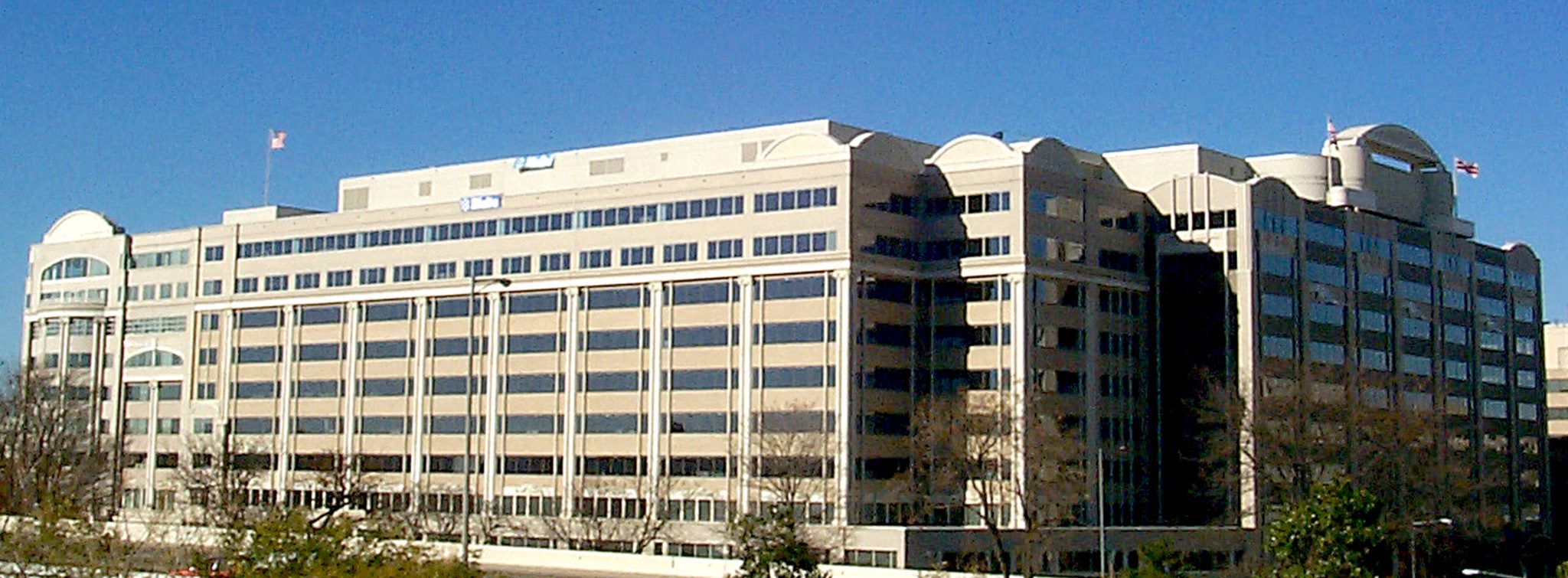American Thinker: Consumers hurt by FCC 1-800-number rules change
By: Andrew Langer
Published in: American Thinker
While billions of minutes of toll-free calls are made every month, the Federal Communications Commission (FCC) is changing the rules of the game in a way that will put consumers' access to these free numbers at risk.
Approximately 30% of the top most commonly called numbers are to government agencies. American citizens are relying on these services to contact the Internal Revenue Service (IRS), the federal student loan program, and other government agencies like the Federal Bureau of Investigation (FBI). This is a time when people are needing access to those resources during the COVID-19 pandemic and a time of economic instability.
About two years ago, the FCC wanted to look at abuse of the 1-800-Number system to find ways to reduce fraud. They ended up crafting a solution that is a massive overcorrection that will lead to the unintended consequence of a lack of access for consumers and a system vulnerable to crashes.
The FCC has pushed a rule that would end up slashing the amount of money that local telephone companies, including other carriers, would get for the service of connecting toll-free calls to long-distance companies. Long-distance carriers who sell these 1-800-Numbers to businesses and the government will make more money, yet they are unlikely to pass on these new savings to the consumer. These are changes to the rules of the market that are invisible to consumers, so the long-distance carriers will be confident that they can get away with not passing on savings without the consumer ever knowing about the change. Also, because of this change in the rules, some local carriers will have to hike rates to make up for these losses, thereby making the idea of a "toll-free" call a fiction of the past.
In other words, toll-"free" calls will be paid for by the same consumers who are assuming that these are free calls, but they will be prepaying for these calls to their local telephone companies.
This FCC rule also disrupts markets by putting unanticipated costs on the local carriers and tandems. A tandem is a company that connects a large volume of toll-free calls from all over the country through I.P. interconnection. This allows calls to be connected faster while being more a more efficient, and cost-effective, way to connect the calls. The tandems are set up to handle vast amounts of phone traffic and offer better-quality connections than many carriers, while being faster. The tandems also have the benefit of using I.P. interconnection, and that provides a better-quality call for consumers than the legacy TDM system.
Consumers right now are preparing to go to the ballot box to make decisions on whom to send to Washington to craft policy on issues like this one. This is one of those issues that impacts rural and suburban consumers; they will not like the FCC's actions to effectively rid the system of toll-free calling. It is possible that some small businesses in the telecommunications space may go bankrupt, and this move will not help save these struggling, largely rural, companies.
For consumers, there are two other big problems with the order. The large telecommunications companies will get bigger while the smaller and rural companies will struggle more than they do today. Under the rule, long-distance carriers will use the services of tandems and local companies without needing to compensate them. This provides an incentive for the big telecommunications companies to expand toll-free services then stick the bill to the tandems and rural carriers. There also is a problem that this rule may cause the local carriers and tandems to handle a large amount of calls that they are not designed to handle. That overload may result in dropped calls and crashes to the system, because we are talking about billions of minutes of these calls being made every month.
The FCC should revisit the rule to modify it to address fraud. The overbroad way that the FCC has addressed this problem will cause a free-rider problem that will bilk the consumer while sticking the bill to struggling small businesses.
Andrew Langer is the president of the Consumer Alliance for Global Prosperity, a project of the Institute for Liberty.
Click here to read the full article in the American Thinker.

